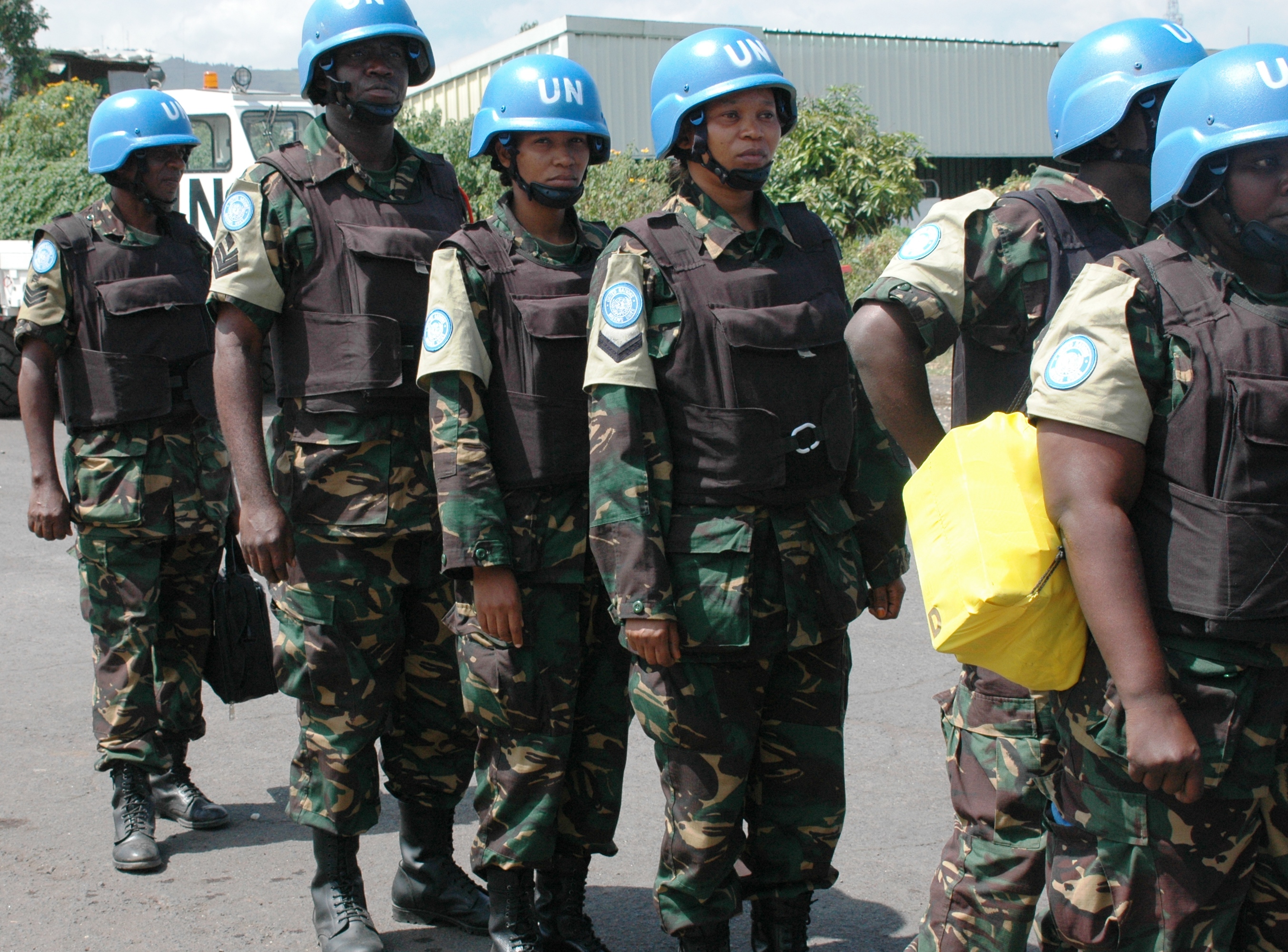
The DRC, a country regarded with incomprehension considering the chronic instability, the human rights violations, the permanent war situation and the countless armed militia.
During the 7th Extraordinary Summit of the International Conference on the Great Lakes Region, which took place in Kampala on 5 September, 2013, M23 rebels were asked to stop the measures against Kinshasa and to return to the negotiating table that have been on ice for the last two months. This Summit occured after a military offensive was launched by the Armed Forces of the Democratic Republic of Congo (French: Forces Armées de la République Démocratique du Congo (FARDC)) in response to the bombings of last week over the town of Goma by M23 rebels. This military offensive was supported by the UN Intervention Brigade. These bombings resulted in the deaths of many Congolese civilians and were seen as a test of the ability of the new Intervention Brigade, deployed since May 2013 pursuant to Security Council resolution 2098, to protect civilians. The main tasks of this Intervention Brigade, part of which is not yet on the ground (1/3 of Malawian troops), are to neutralize armed groups, to monitor the implementation of the arms embargo and to support the national and international judicial proceedings.The Intervention Brigade has a one-year mandate which requires 140 million dollars on top of the 1,4 billion dollars that the maintenance of 19,815 soldiers costs annually to Monusco.It should be noted that it is the first time in the history of the UN that Monusco will have to combine a peacekeeping mandate with a peace-enforcement mandate.Monusco has long been criticized for its passivity. With the arrival its new Force Commander Carlos Alberto Dos Santos Cruz and its new Head, Martin Kobler has the Mission realized that the time has come to protect civilians against these armed groups and to help to resolve the crisis which has lasted for two decades? Some people consider that the Intervention Brigade will not be able to bring back peace on the east side because of the political nature of the problem. For others, the Intervention Brigade is only here to neutralize armed groups. Mary Robinson, UN special envoy to the African Great Lakes region, stated: “After the military success, there is a window for political progress”. However, one may be surprised by her approach, which considers the negotiations between Kinshasa and the M23 as negotiations between two equal partners.
The key question is: Will the new political negotiations between Kinshasa and the M23 bring war to an end on the east side? Or is it necessary to maintain the war in order to have peace? The repeated failures of the different political negotiations, some of which had led to the signing of Peace Agreements, show that it is difficult or risky to be optimistic and believe in peace. At the same time, the national dialogue began in Kinshasa on September 07 th, they are supposed to achieve at last peace. Many analysts aren’t sure about their credibility because of the absence of the main opposition parties.
Another question remains unanswered: How to make peace with rebels without leading to some sort of impunity? It is essential that the perpetrators of international crimes be prosecuted at the national or international level. The UNSC Resolution 2098 gave mandate to the Intervention Brigade to support national and international judicial proceedings.
The military option cannot be overlooked since it is able to ensure the safety of the population and to stop the advance of the M23. Nevertheless, the political option remains the only path able to bring the long-desired peace in DRC.
Eugène Bakama Bope
President of the “Club des amis du droit du Congo”
